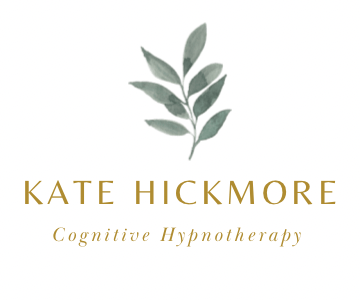Hope is often imagined as something bright and certain. Something that sweeps in and changes everything at once. Yet in the therapy room at Kate Hickmore Hypnotherapy here in Colchester, hope behaves in a very different way. It arrives slowly, often quietly, in moments that can be easy to miss. It is less like a dramatic surge and more like a softening in the body. A subtle shift in the way someone breathes or holds themselves. A moment of stillness that did not exist before.
For many people who seek hypnotherapy in Colchester, hope has been absent for some time. Life may have become overwhelming or repetitive or heavy. When someone has been coping for a long period, the nervous system narrows its focus to manage the day to day. In this state, imagination becomes restricted. Possibility seems distant. The absence of hope is not a failure. It is a sign that the body has been working hard to get through what has felt unmanageable.
A trauma informed approach acknowledges this without judgement. In my work with clients, the first step is not to generate hope, but to create a sense of safety and grounding. When the body feels supported, even briefly, something inside begins to loosen. The breath becomes steadier. Thoughts shift from survival to curiosity. This is often where the earliest signs of hope begin to appear.
These early signs are not always comfortable. People often assume they will feel suddenly lighter, but the first glimmers of hope can feel unfamiliar. When someone has lived in a protective state for a long time, imagining something different can bring uncertainty. This is completely natural. Hope tends to rebuild itself slowly, through repetition and gentle reassurance. It grows in the space where pressure is reduced and the person feels accompanied rather than alone.
In sessions, I often notice these small moments before the client does. A quieter tone of voice. A deeper exhale. A new question that hints at a shift in perspective. These moments form the foundation of change. They show that the mind is beginning to trust its own capacity again. Over time, they become more frequent. Someone might start to respond differently during a difficult conversation. They might choose rest instead of pushing through. They might notice a calm moment during a familiar challenge. Each shift, however small, signals the presence of hope.
Many people in Colchester describe experiencing hope during everyday activities. A walk in a familiar place. A moment of connection with someone they trust. A slight easing of tension during a difficult afternoon. These experiences might seem ordinary, yet they are often the signs that the internal world is becoming more open. Hope thrives in these quiet spaces. It does not need to be dramatic to be real.
One of the most meaningful ways hope influences healing is through its relationship with choice. When someone feels hopeless, choices seem limited and old patterns take over. When hope begins to return, even gently, new options appear. A thought like perhaps I could try becomes a doorway to change. Over time, this leads to a gradual rebuilding of self trust. Decisions begin to reflect inner needs rather than old habits. People often describe feeling more like themselves as this process unfolds.
What emerges is not a sudden transformation, but a steady returning. A reconnection with something that felt lost for a while. Hope becomes a quiet companion rather than a distant ideal. It supports the process of healing by reminding the mind that change is possible, even in small, steady steps.
For many seeking support through hypnotherapy in Colchester, this quieter form of hope is the most transformative. It grows slowly. It adapts. It meets people exactly where they are. And often, it begins with the simplest of moments. A softer breath. A lighter thought. A sense that something inside you is beginning to shift, even if you cannot name it yet.
Hope does not need to be loud to matter. It just needs space to grow.


